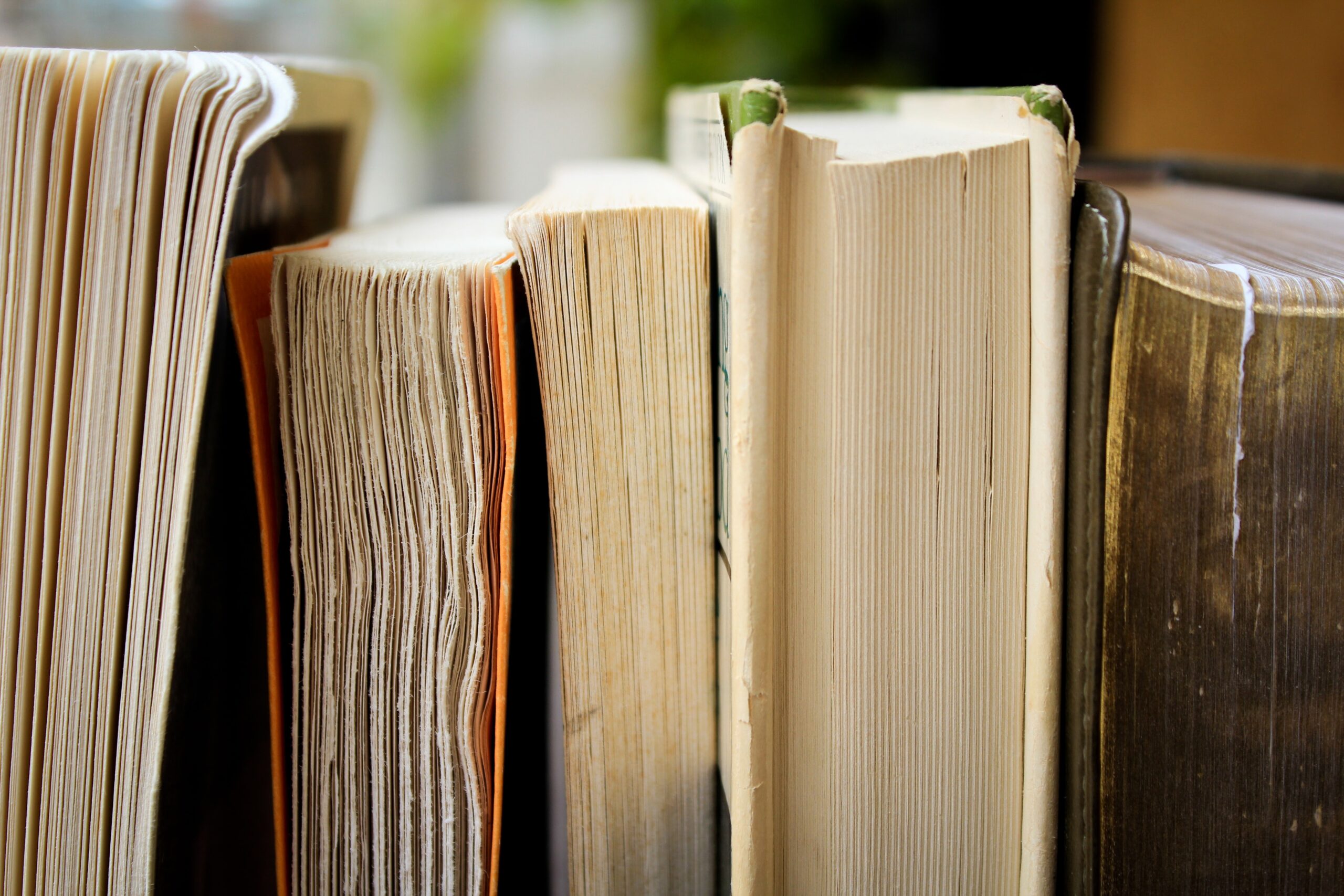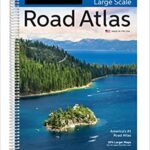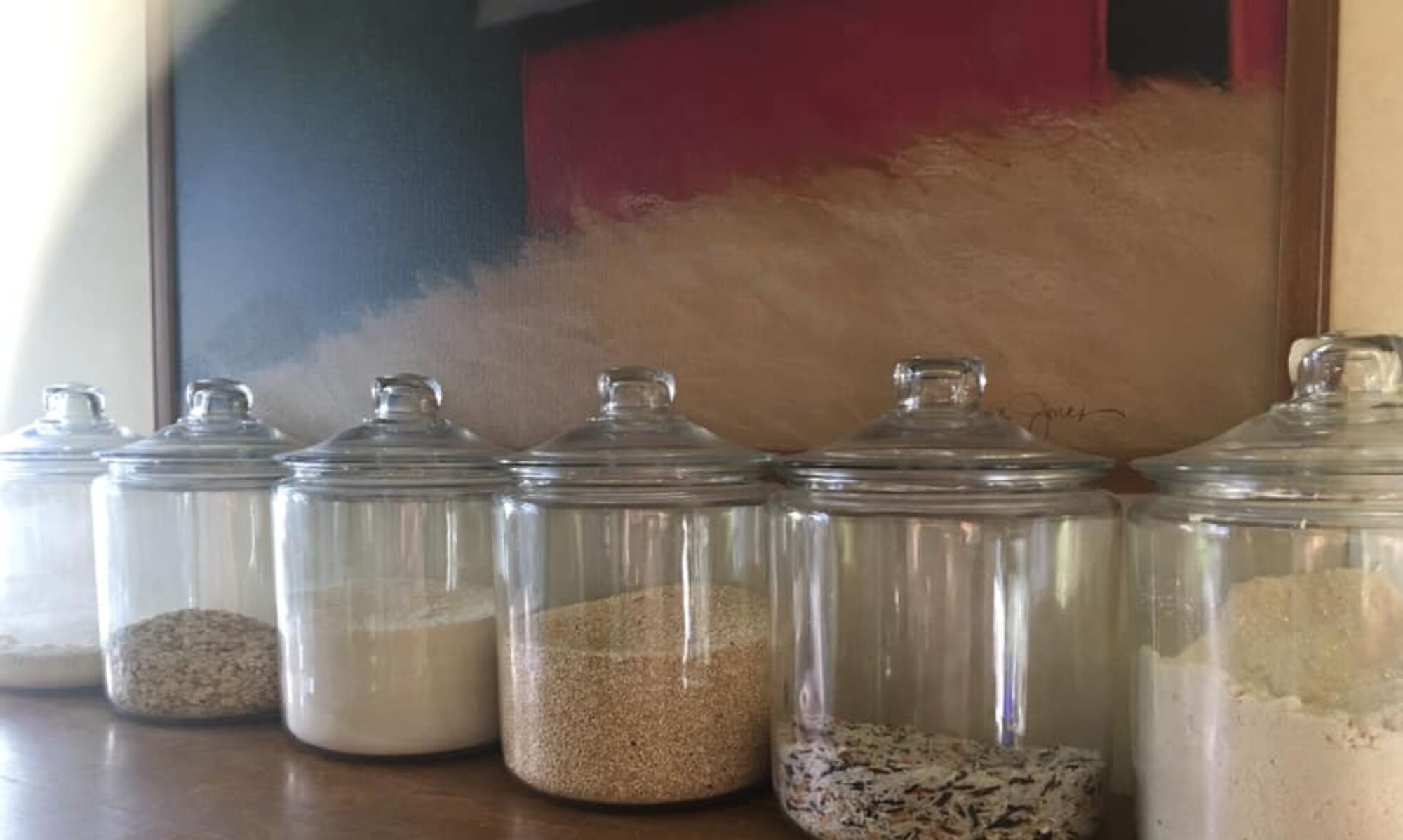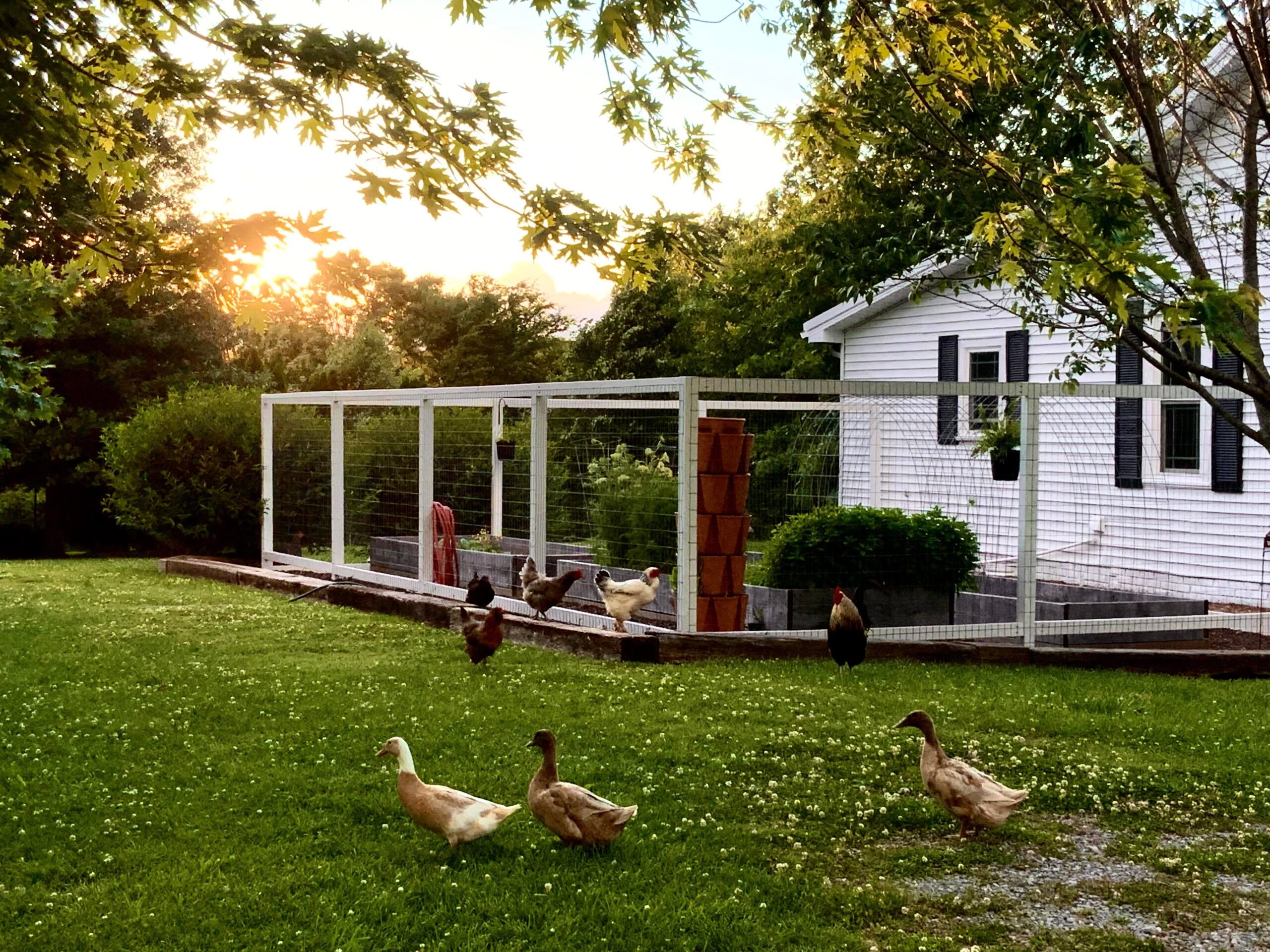
The Importance of Physical Copies in a Digital Age: Emergency Preparedness, Self-Reliance, and the Joy of Holding a Book
In our digital age, we’ve become accustomed to relying on technology for everything. But what happens when technology fails us? That’s why it’s essential to have physical copies of important information, such as emergency protocols, maps, home remedies, and self-reliance guides.
A few years ago, we decided we should throw it all out and go digital. But we accidentally cut off our lifeline in the event of a digital interruption. It didn’t feel possible then, but it sure does now…
Sure, having digital versions of these resources on our devices can be convenient, but what if you can’t access them? In an emergency situation, you might not have access to the internet, a storage cloud may fail or your device could run out of battery. Having physical copies of the important things can help you stay prepared for any situation. You never know when you might need to refer to a first aid manual or a guide on how to purify water in a pinch.
But it’s not just emergencies that physical copies can be useful for. Self-reliance guides, such as books on homesteading, can provide you with valuable skills and knowledge that can help you live a more self-sufficient lifestyle. In our ever-changing world, it’s becoming increasingly important to be able to rely on ourselves and our communities. And while you can certainly find information on self-reliance online, having physical copies of these resources can provide a more immersive and engaging learning experience.
And let’s not forget about the simple joy of holding a physical book in your hands. There’s something special about flipping through the pages of a well-worn book, underlining key passages and taking notes in the margins. Writing things down with pen and paper can also be a more intimate and personal experience than typing up a digital version.
While technology has made many aspects of our lives easier, it’s essential to remember that it can fail us. Having physical copies of references, maps, recipes, addresses and instructions can help ensure that you’re prepared for any situation. And in addition to their practical benefits, physical books can provide a sense of comfort to living a self-reliant lifestyle, that’s becoming increasingly rare in our digital age. So why not consider investing in some physical books on these topics?
Some things you may want to convert from digital to physical:
- Physical copies of Important Legal Documents
- A list of your Bills, including Account Numbers & Contact Information
- Emergency Contacts (i.e. a good old-fashioned Address Book)
- Maps of your City, State & Country
- Banking Information
- Homestead Protocols
- Insurance Records
- A Medical Reference Handbook
- Notebooks
- Books on Wild Foraging, Emergency Preparedness, Animal Husbandry, Gardening, Natural Healing, Herbal Remedies, Cooking, etc.
 We added this Atlas to our Emergency Kit, which makes an excellent travel companion when we’re out of service range – Click Here.
We added this Atlas to our Emergency Kit, which makes an excellent travel companion when we’re out of service range – Click Here.
I hope that this list helps spark a change for you, and that you add to it to meet your needs!

